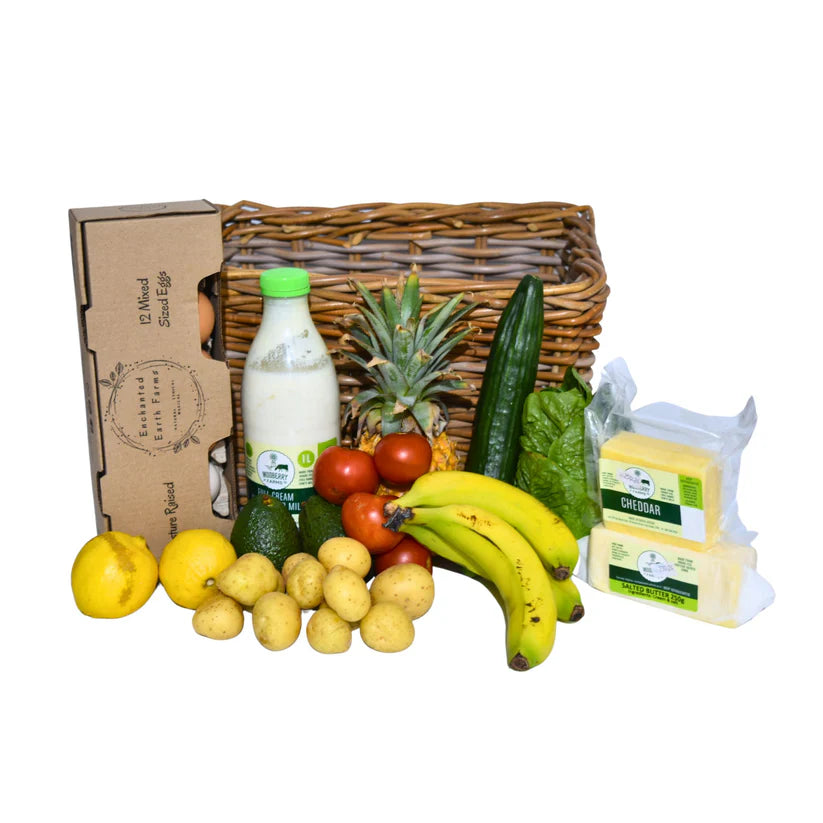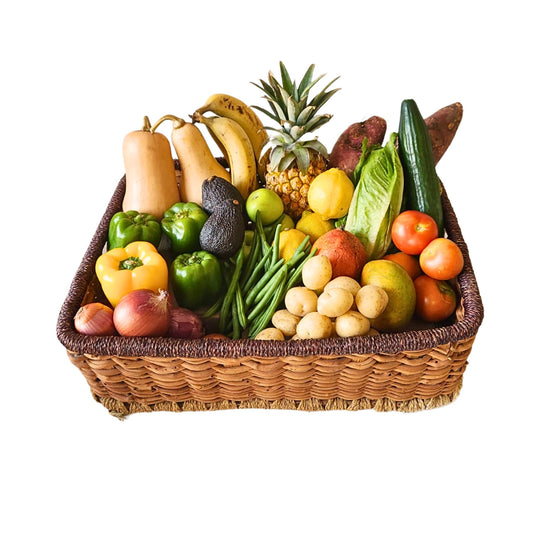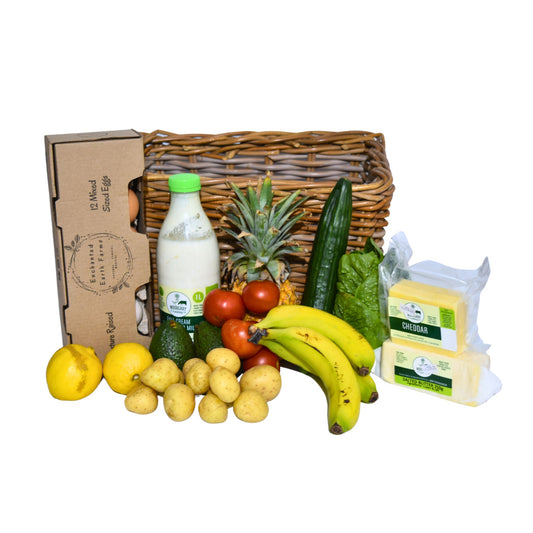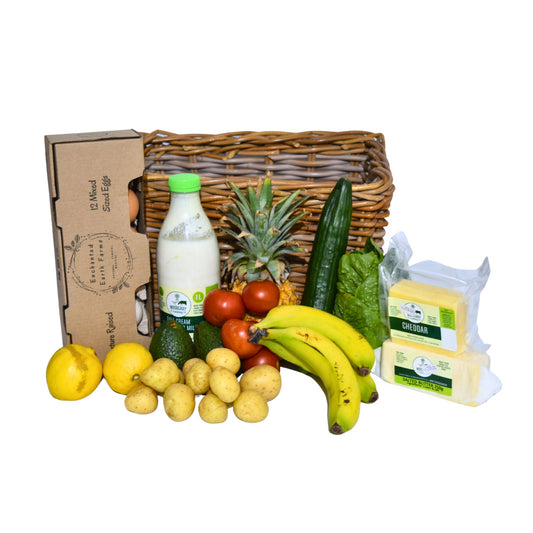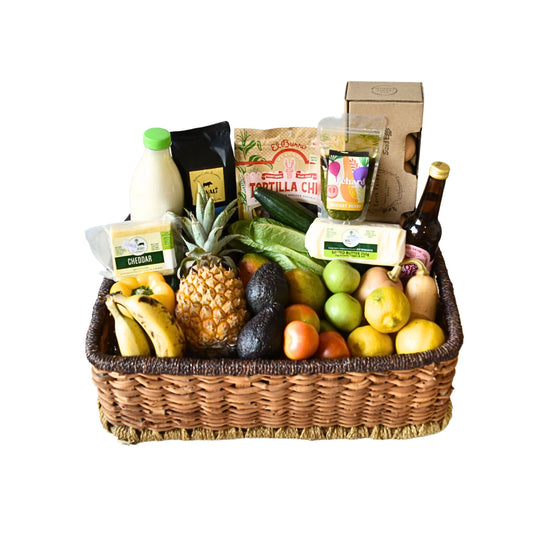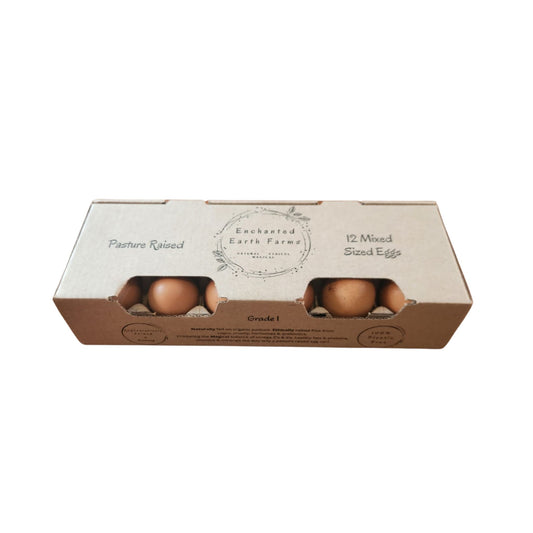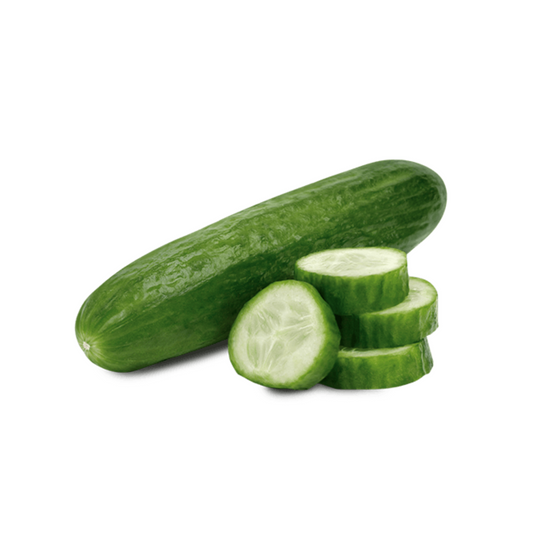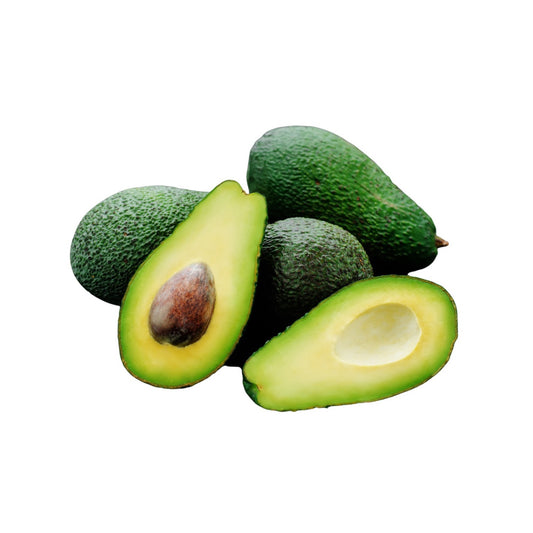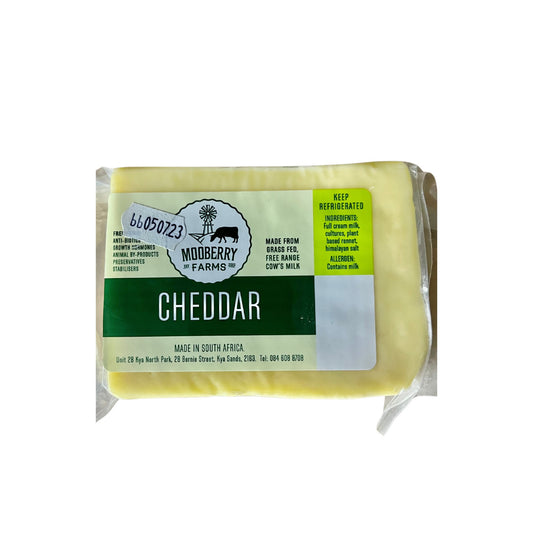Article Summary:
-
Organic produce is fresher but more perishable without preservatives.
-
Proper storage helps extend shelf life and preserve nutrients.
-
Small adjustments at home reduce waste and save money.
Keep it fresh, keep it organic
Organic produce is special. It’s grown without synthetic preservatives, coatings, or chemicals, which means it tastes better, is safer, and is more nutrient-dense. But it also means it doesn’t last as long as conventional produce. The good news? With the right storage methods, you can extend freshness, reduce waste, and get the most out of your weekly Orchard Food haul.
Leafy greens
Leafy greens like spinach, kale, and lettuce wilt quickly if not stored properly. After rinsing and drying them thoroughly, wrap the leaves in a clean, damp cloth or paper towel and place them inside a breathable produce bag. This keeps moisture balanced—enough to prevent drying, but not so much that mould sets in. Always store greens in the fridge’s crisper drawer for best results.
Root vegetables
Carrots, beets, turnips, and potatoes thrive in cool, dark conditions. Remove any leafy tops (they draw moisture from the root) and store roots in a breathable bag or basket in a cool cupboard or pantry. Avoid sealing them in plastic—it traps moisture and accelerates decay. Potatoes especially should never be refrigerated, as cold temperatures turn their starches into sugar, affecting both flavour and texture.
Citrus and other fruits
Oranges, naartjies, lemons, and limes can be stored at room temperature for up to a week in a fruit bowl. For longer storage, move them to the fridge where they’ll last for two to three weeks. Apples, pears, and berries, on the other hand, should be refrigerated from the start. Always keep apples away from leafy greens—apples emit ethylene gas, which speeds up ripening and spoilage in other produce.
Herbs
Soft herbs like parsley, coriander, and basil last longer when placed in a glass of water, just like a bouquet. Cover loosely with a reusable bag and store in the fridge—except basil, which prefers room temperature. Hardier herbs like rosemary and thyme can be wrapped in a damp cloth and kept in the fridge. Storing them this way keeps flavour vibrant and prevents wilting.
General tips
-
Wash wisely: Only wash produce right before use, unless prepping for the week—excess moisture accelerates decay.
-
Prep ahead: Chop vegetables like carrots or celery and store them in jars of water for ready-to-go snacks.
-
Separate ethylene producers: Keep bananas, apples, and avocados away from delicate greens and berries to prevent early spoilage.
Small habits, big impact
Storing organic produce is all about balance—managing temperature, airflow, and moisture to keep food fresher for longer. With just a few small adjustments, you can protect nutrients, reduce waste, and enjoy crisp, flavourful fruits and vegetables all week long. At Orchard Food, we’re proud to bring you the freshest organic produce—your part is simply storing it well so it lasts as beautifully as it was grown.


